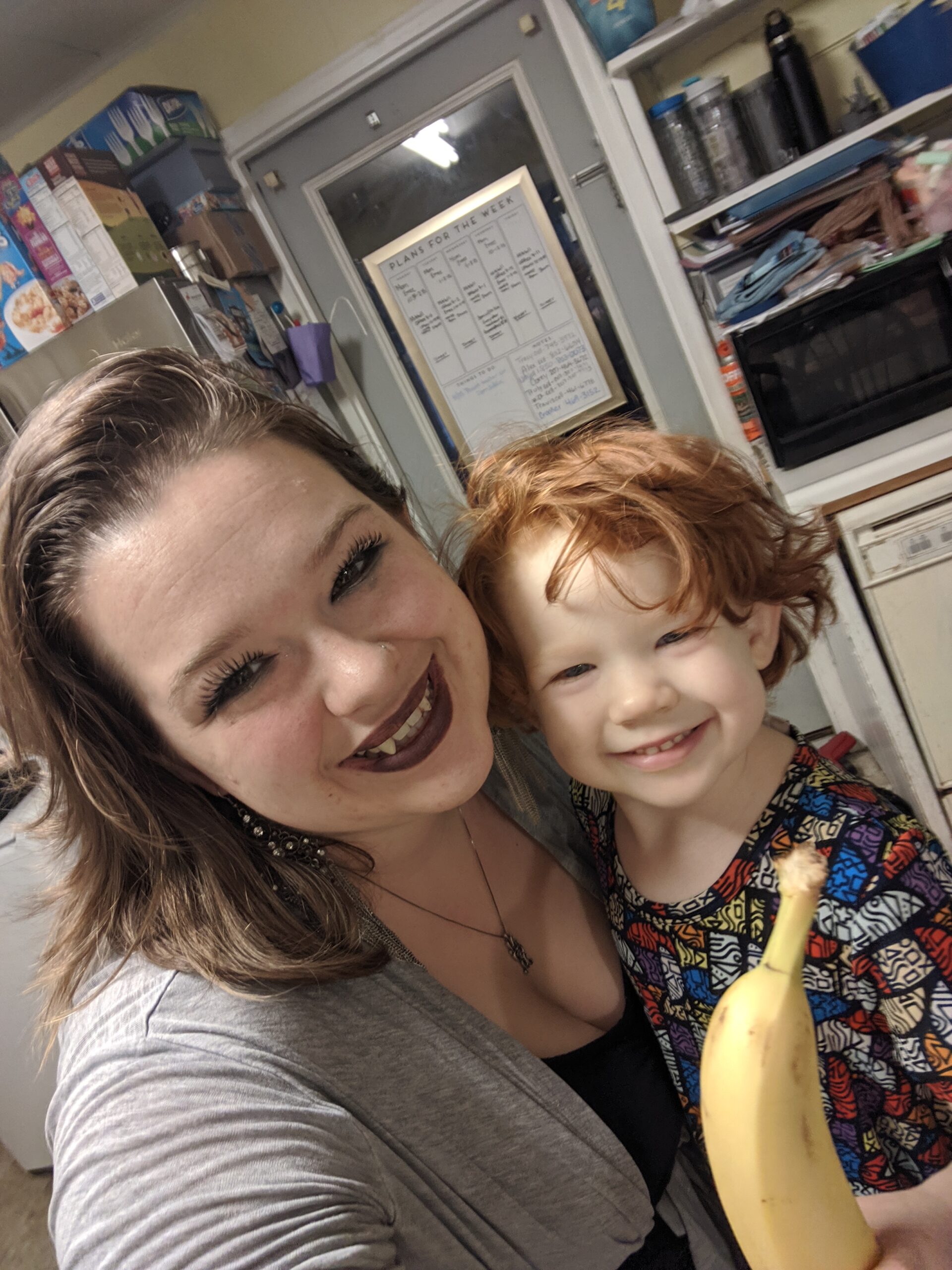
Disclaimer:
This blog post contains themes of mental health concerns. If you or someone you know is struggling, please seek immediate psychiatric care, as these symptoms can be alarming.
You are not alone.
You do not have to go through this alone. Help is here. Call NAMI at 800-464-5767 or go to your nearest emergency room for assistance.
My Experience with Post-Weaning Depression After Breastfeeding
I started this blog months ago, before weaning Baby. His last nursing session was in November 2024, when I had surgery on my wrist. As with Lucy, it was relatively unremarkable as far as weaning goes. But emotionally? I was on high alert.
As I was writing this blog, I was actively watching for signs of post-weaning depression — a condition not many talk about. I was waiting to see if I was in the clear or if I would need to seek extra help again. The recommendation I was given was to watch for symptoms to return or worsen for 6 months following any major life change. Thankfully, this did not happen with my final baby.
What Is Post-Weaning Depression?
Nationally, there is constant talk about postpartum depression and anxiety, but no one talks about what happens after weaning from breastfeeding.
The hormones involved suddenly being gone after months or years of getting the daily “medicine”. For those that don’t know, to eject milk from the breasts, you need to have oxytocin flowing. Oxytocin is also known as the love hormone and can give people a semi-euphoric (happy) feeling.
What happens when you no longer have doses of this hormone daily?
For me, it meant feelings just like when I had postpartum depression following Lucy’s birth.
My Postpartum Depression Story
Let’s talk about how my postpartum depression presented. I was ANGRY. I would wake up feeling like someone had just kicked my dog, and I was on the war path to ripping their heads off.
It culminated in me calling my mom and begging her to come take Llama and Lucy.
Permanently.
I remember telling her in a flat monotone voice, “I tried out being a mom and it just doesn’t work for me. You are much better at it, please just raise them for me.”
Her response changed everything:
“I will be there in an hour. Please call your doctor’s office and tell them you MUST be seen today. I think you have postpartum depression and need urgent services.”
Lucy was roughly 6-8 weeks old at this time. I ended that phone call with my mom thinking she had lost her mind, that this level of rage, combined with my other emotions being numb, was normal.
I thought that this was proof I wasn’t fit to be their mom.
Once I got into the doctor’s office (the same day), they kept me under a watchful eye. They asked all of the questions, then brought in their resident psychologist, who asked me more questions.
Sometimes, the same questions were asked over and over again. After determining that I wasn’t a risk to myself or the children, they opted to medicate me and send me home that day.
I have never been more grateful than I am now for the excellent and immediate care that I received. I can’t imagine what life would have looked like if even one person hadn’t taken me seriously
Weaning After Years of Breastfeeding
The girls tandem nursed for the next seventeen months, then Llama self-weaned at just over 3 years old. I continued nursing Lucy until she was a little over three as well. By this time, I had been breastfeeding for five consecutive years.
I was getting at least a daily dose of oxytocin through breastfeeding for years; now that dosage was gone.
I started feeling that same anger rising in my soul. The kind that starts small, but festers and builds until it’s a great big giant that won’t be ignored. This time, I was already in therapy (I have gone on and off for several years of my life).
I mentioned this anger to my therapist, who reminded me that I was no longer getting my oxytocin daily. She recommended that I find a hobby that would give me a similar feeling of happiness.
What Helped Me Cope with Post-Weaning Depression
I started with short walks every morning; this was helpful, but not nearly as effective. Then I started taking the dog with me. We would walk 1-2 miles a day just leisurely, occasionally getting enough energy to sprint down the road.
This new daily routine, physical routine, seemed to be exactly what I needed to get out of the angry phase. Plus, a little exercise is good for everyone. I even got a treadmill to keep walking daily.
This continued until getting pregnant with Baby. Although, in hindsight, I definitely should have kept up the routine. Life gets busy — and that’s okay, too.
Final Thoughts: Mental Health After Breastfeeding
Everyone will have a different reaction to weaning from breastfeeding. Some don’t even realize it’s the last day until several days later, some know exactly when and why they stopped breastfeeding.
Thankfully, not everyone has issues after weaning (currently, there is not enough research for statistics); for some, their mental health even improves. But if you’re feeling off after stopping breastfeeding — more anxious, numb, or overwhelmed — you are not broken. You are not alone.
Just like with everything in life, we need to take things one day at a time and remember to be kind. Talk to your family and friends; share your story. It’s the best way to make sure no one feels alone again.
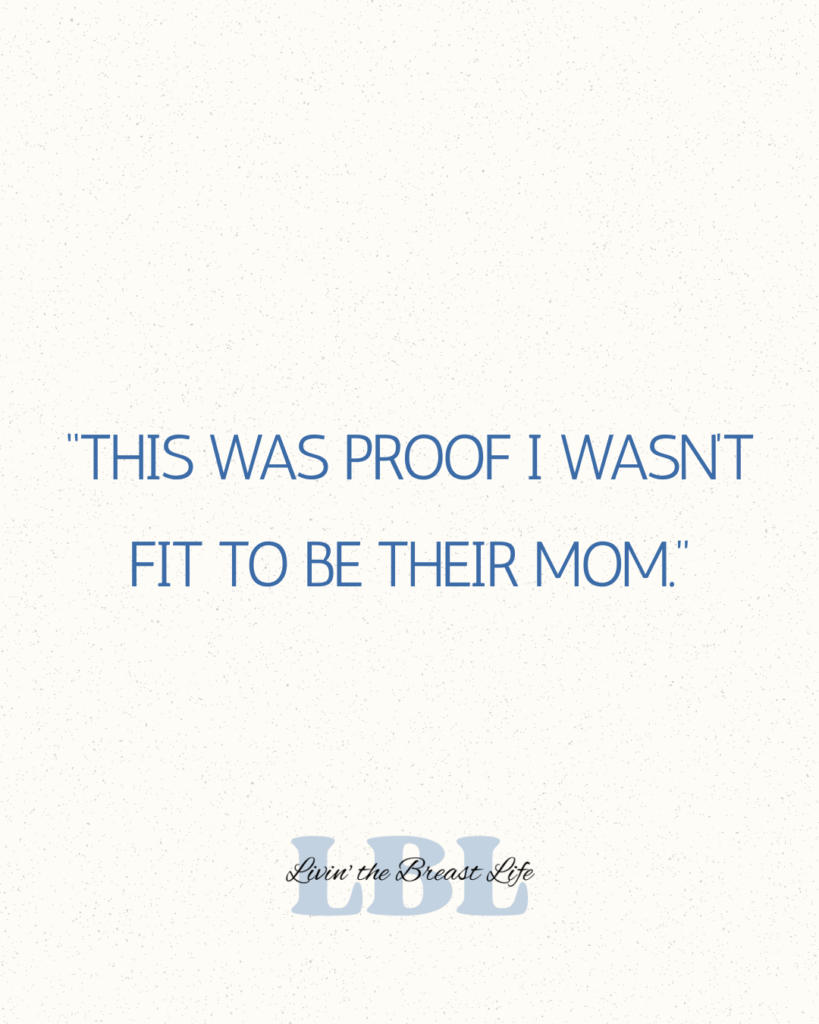
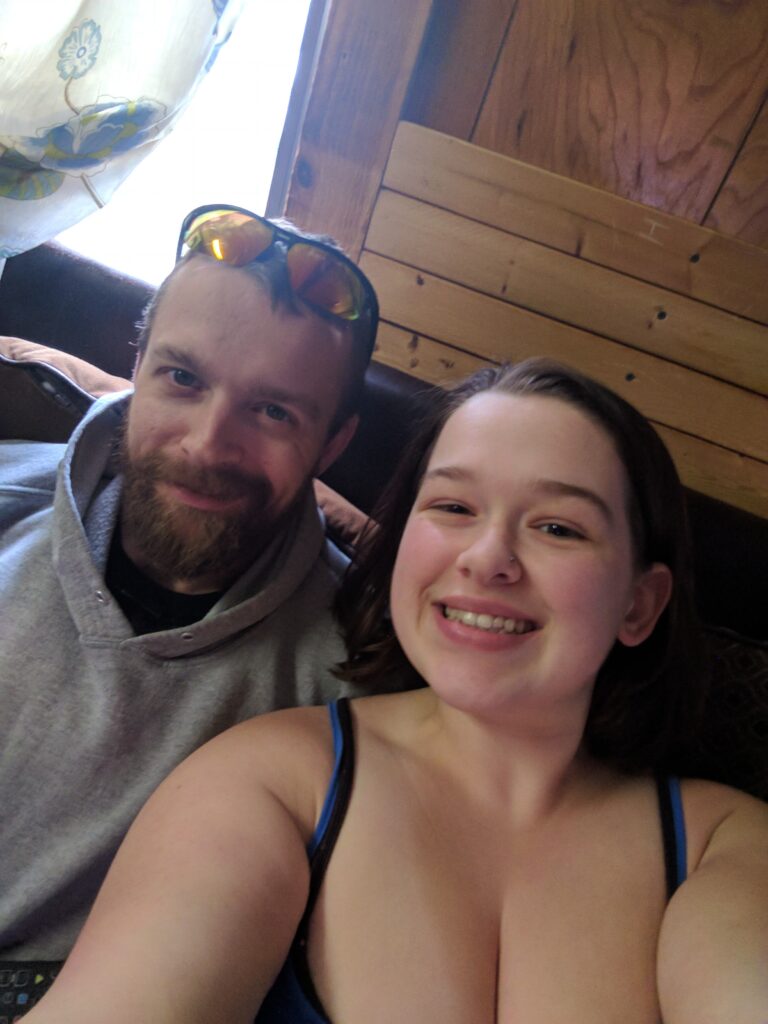
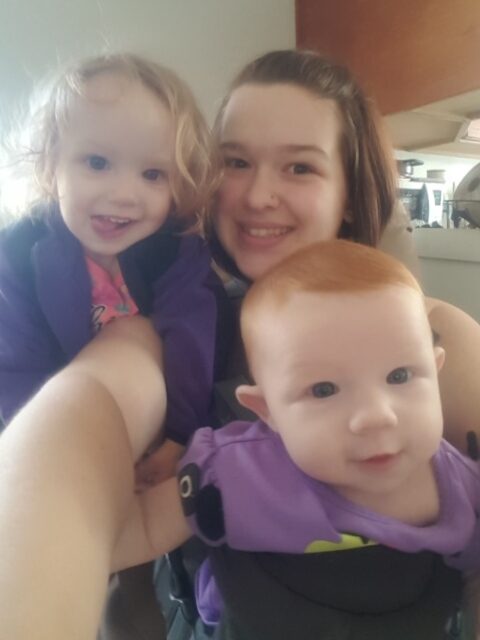
October 2016 – One of the many faces of postpartum depression
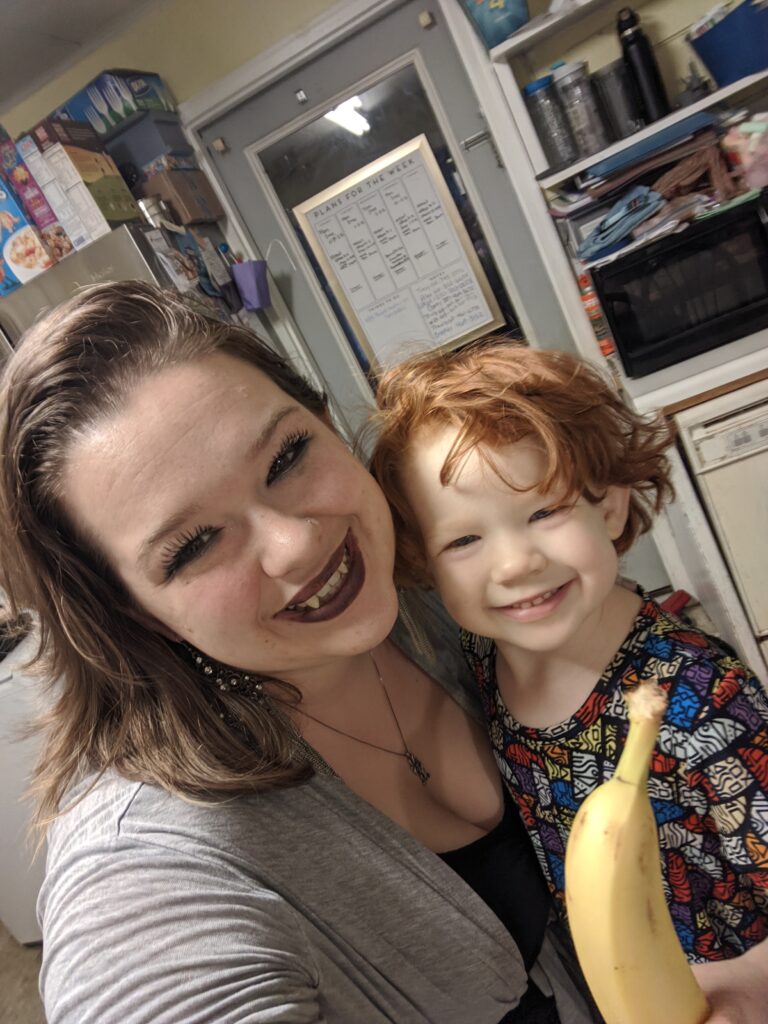
October 2019 – The fake smile of post-weaning depression

This is what post-weaning depression looks like on the outside
**This is my story. Please note that I am not providing medical advice, diagnoses, or treatments. If you have any specific questions or concerns about your health, please consult with a healthcare professional.
Mental Health Resources:
If you or someone you know is struggling with mental health after weaning or postpartum depression, please seek support:
📞 Call NAMI at 800-464-5767
🏥 Visit your nearest emergency room
